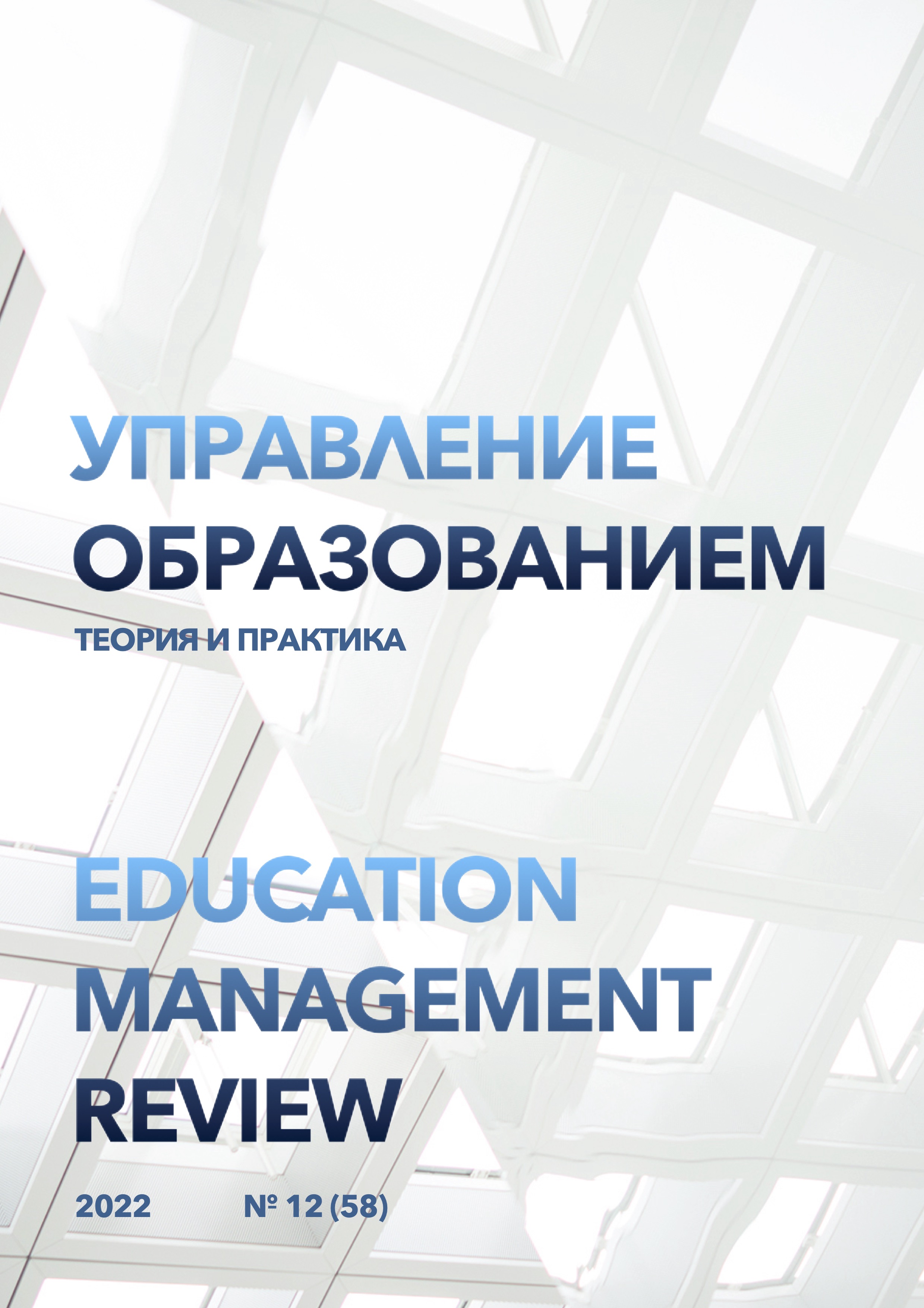A study of the key path for universities to implement Xi Jinping's important discourse on the study of party history and education
DOI:
https://doi.org/10.25726/r1618-6158-9735-uKeywords:
the way, education, study, history, researchAbstract
Secretary General Xi Jinping's important statements on education are rich in meaning and profound. It is a product of a combination of Marxist theory and the actual development of Chinese education. This is an important part of Xi Jinping's socialist thought with Chinese specifics in the new era. It indicates the direction and provides a fundamental basis for the reform and development of the country's education in a new era. After the 18th National Congress of the Communist Party of China, General Secretary Xi Jinping made important reports on improving the quality of education and building educational potential. The fifth plenum of the Party Central Committee of the nineteenth convocation clearly stated that "building a quality education system" during the "14th five-year plan" will build a strong educational country in 2035; this is an important measure to promote the comprehensive development of people and build a strong educational country. This indicates that Chinese education has entered a new stage of comprehensive quality improvement and innovative development.
References
Гордон А.В. Китайская цивилизация в глобалистской парадигме // Социальные и гуманитарные науки. Отечественная и зарубежная литература. Сер. 9: Востоковедение и африканистика: Реферативный журнал. 2020. № 1 (в печати).
Грузинов И.И. Концепция «китайской мечты» после XIX съезда КПК // Новая эпоха: Китай после XIX съезда КПК. М.: ИДВ РАН, 2018. С. 108-114.
Журавлева Е.В. Ван Хунин: Политическая карьера и теоретические взгляды // Новая эпоха: Китай после XIX съезда КПК. М.: ИДВ РАН, 2018. С. 94-100.
Лебедева М.М. «Мягкая сила» в отношении Центральной Азии: Участники и их действия // Вестник МГИМО-Университет. 2014. № 2. С. 47-55.
Ли Син. Об оздоровлении мирового порядка и новом мышлении в китайской дипломатии // Проблемы Дальнего Востока. 2006. № 3. С. 150-154.
Лузянин С.Г. Китай в глобальных и региональных измерениях. Ресурсы и маршруты «возвышения» / С.Г. Лузянин, М.В. Мамонов // Китай в мировой и региональной политике: История и современность. Вып. XVI / отв. ред. - сост. Е.И. Сафонова. М.: Ин-т Дальнего Востока РАН, 2011. Т. 16. С. 5-31.
Matten M.A. Places of Memory in Modern China: History, Politics and Identity. Leiden: Brill, 2012. 285 p.
Schell O. China's Cover-Up. When Communists Rewrite History in Foreign Affairs. Vol. 97. 2018. № 1. Pp. 22-27.
Thibodeau, P.H., & Boroditsky, L. (2011) Metaphors We Think With: The Role of Metaphor in Reasoning. PLoS One, no. 2 (6). https://doi.org/10.1371/journal.pone.0016782
Turner, M., Fauconnier, G. (2000) Metaphor, Metonymy, and Binding. Metaphor and Metonymy at the Crossroads: A Cognitive Perspective. Berlin: De Gruyter Mouton, pp. 133-145.
Van Stee, Stephanie K. (2018) Meta-Analysis of the Persuasive Effects of Metaphorical vs. Literal Messages Communication Studies, no. 5(69). pp. 545-566.
Van Stee, Stephanie K. et al. (2018) The Effects of Metaphor Use and Message Format on Cognitive Processing and Persuasive Outcomes of Condom Promotion Message. Communication Studies, no. 1 (69). pp. 23-41.

